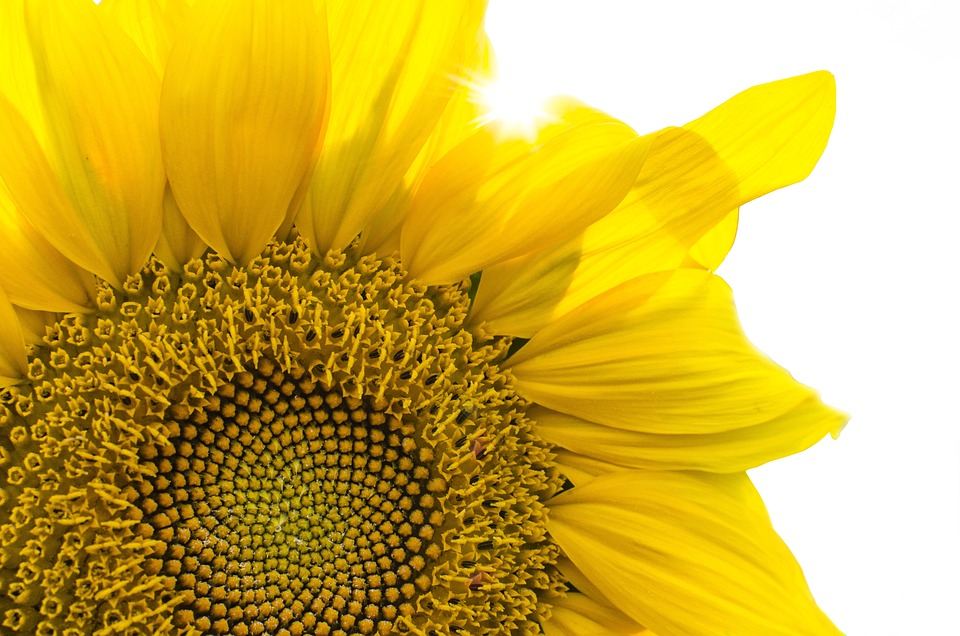As someone who has spent years living off the grid, I have always been passionate about sustainable farming and gardening. For me, there is a sense of freedom and connection with the land that comes with growing your own food and living a self-sufficient lifestyle. But as we look towards the future, the way we approach gardening and sustainable garden design is constantly evolving to meet the demands of a changing world. From urban rooftop gardens to innovative vertical farming solutions, the future of gardening is filled with exciting prospects for sustainable living. In this article, we will explore some innovative ideas for sustainable garden design that are shaping the future of gardening.
One of the most exciting developments in sustainable gardening is the rise of vertical gardening. With limited space in urban environments, many people are turning to vertical gardening as a way to maximize their growing potential. Whether it’s utilizing wall space for hanging plants or building vertical towers for hydroponic gardening, the possibilities for vertical gardening are endless. This not only allows for greater food production in urban areas, but also introduces a new aesthetic to garden design that is both functional and visually striking.
Another innovative idea for sustainable garden design is the use of aquaponics and hydroponics. These systems allow for the cultivation of plants without soil, using nutrient-rich water to deliver essential minerals and nutrients to the plants. Not only does this result in higher yields and faster growth, but it also conserves water and minimizes the need for traditional soil-based farming. This technique has revolutionized the way we can grow food, and it has the potential to transform the future of gardening by making it more efficient and sustainable.
In addition to new growing techniques, sustainable garden design also encompasses the use of recycled and repurposed materials. From using reclaimed wood for raised beds to repurposing old containers for growing herbs and vegetables, there is a creative and sustainable approach to garden design that is both environmentally friendly and cost-effective. This not only reduces waste but also adds a unique and eclectic charm to the garden space, creating a truly one-of-a-kind environment for growing food and cultivating nature.
As we look towards the future of gardening, it’s important to also consider the role of technology in sustainable garden design. From smart irrigation systems that optimize water usage to drone technology for monitoring crop health, there are a wealth of technological advancements that are revolutionizing the way we approach gardening. This not only improves efficiency and productivity but also allows for greater precision and control in managing garden spaces, leading to more sustainable and environmentally-friendly practices.
Pro Tips:
– When designing a sustainable garden, consider incorporating native plants and drought-resistant species to reduce water usage and support local ecosystems.
– Utilize composting and organic gardening practices to minimize waste and promote healthy soil for growing food.
– Maximize sun exposure and natural light in your garden design to reduce energy consumption and optimize plant growth.
In conclusion, the future of gardening is filled with innovative ideas for sustainable garden design that are shaping the way we approach growing food and cultivating nature. From vertical gardening and aquaponics to the use of recycled materials and technological advancements, there is no shortage of exciting prospects for sustainable living through gardening. As someone with a passion for sustainable farming and living off the grid, I am excited to see how these new ideas and techniques will continue to transform the way we approach gardening in the years to come. Whether you are a seasoned gardener or just getting started, embracing sustainable garden design is not only beneficial for the environment but also offers a rewarding and fulfilling experience that connects us to the earth and promotes a more holistic way of living.



